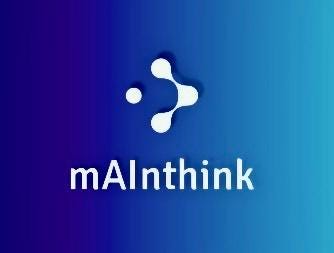Five Things AI: Lock-In, China, Military Spy, Biohazard, Horseless Carriages
All you need to read about AI this week.
Heya and welcome back to Five Things AI!
One of the bigger news items this week was the revelation that Google Gemini has 350 million monthly and 35 million daily users, which is a huge jump in comparison with the 9 million daily users reported at the end of 2024. I myself noticed the AI icon in my Google Workspace, clicked on it, played around with it for 30 seconds and thus became one of the 350 million users. I was not really overwhelmed. On the other hand, I tried a ChatGPT extension for Chrome and also was not too excited to use ChatGPT instead of Google every single time I tried to search for something. Interestingly enough, OpenAI announced interest in buying Chrome from Google if the company where forced to sell it. Chrome is valued at $50 billion right now. The user acquisition game is in full force and it reminds us a lot of the time when social media was young and it was all about attracting new eyeballs and creating lock-in effects.
Last week we talked about the irrational Trump tariffs and how this makes not only trade difficult, but also poses threats to the development of AI. But there is a solution for the constantly changing tariffs, so please read this note from our sponsor mAInthink:
German AI Breakthrough Transforms Strategic Decision-Making
A groundbreaking AI system from Germany is revolutionizing complex decision-making: "StratePlan," developed by mAInthink in Worms am Rhein, delivers real-time analysis of intricate decision landscapes. Initially created for corporate investment optimization, this strategic superintelligence now tackles European economic policy challenges.
"With hundreds of tariff positions affected by punitive measures, we're dealing with an astronomical number of possible combinations," notes Sascha Rissel, mAInthink's CEO. "This complexity demands a new approach—precisely what our superintelligence delivers."
StratePlan cuts through complexity by identifying hidden synergies, detecting structural conflicts, and preventing resource misallocations. By integrating economic relationships, political dependencies, and cross-sector impacts, it generates actionable recommendations for optimal strategic deployment.
Find out more about Strateplan now!
Here are the Five Things AI for this week! Read on, my dear!



